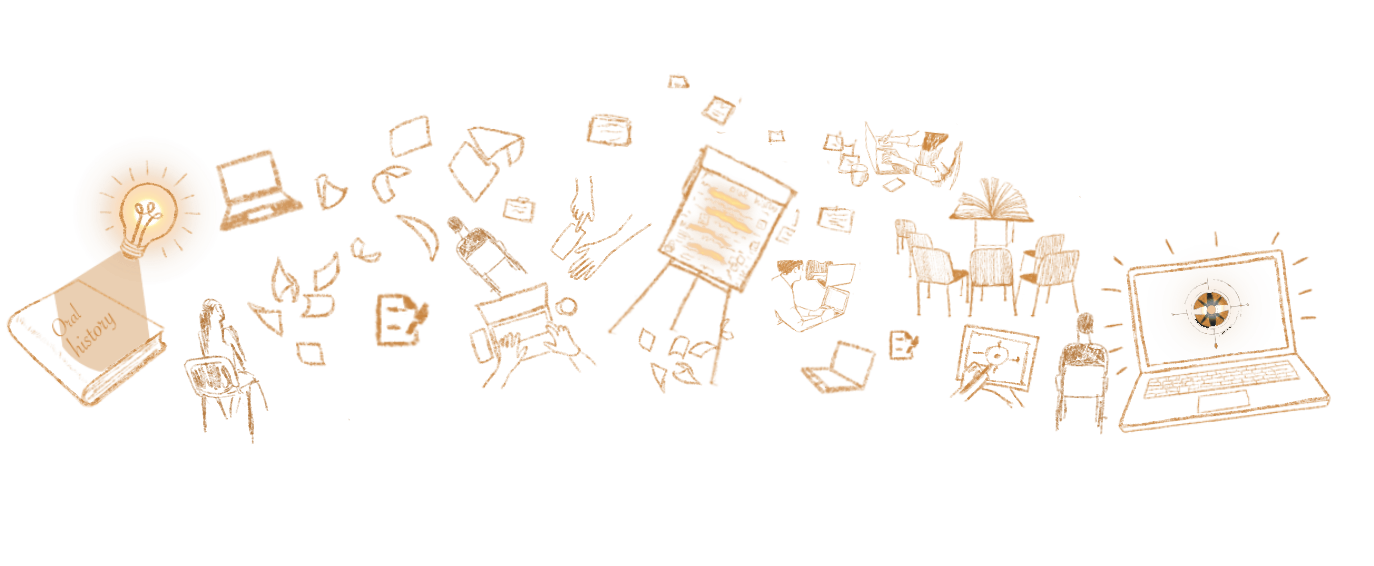











This guide is a learning resource that offers an interactive “learning-by-doing” methodology for Oral History. The learning journey is laid out in three chapters, encompassing 24 sessions. They are mapped out with a flow in mind, not in a specific order, but to be used in any combination depending on relevance, interest, existing knowledge, and time available.
The conceptual framework is laid out in Setting the Stage, methodology is the focus of Conducting the Interview, and the relationship between interviewer and narrator is embedded in the wider research practice of Doing Oral History. The Case of Lebanon illustrates how one could approach historical background research in a contested context.
Each session offers a short introduction, lead questions, and learning objectives to familiarize users on what to expect before diving deeper into the session steps. The sessions suggest the timings needed for the activities, the preparation of materials beforehand, and session-specific notes and tips for the facilitator in addition to a list of references and further readings.
In order to access the learning journey, we ask you to share your contact details with us in the hopes that we might be able to build a community of practitioners that can learn from each other and support their respective work over time.
Oral History offers a grassroots, bottom-up approach to understanding and transforming contested pasts, and thus can be used by anyone. If you are an academic, researcher, activist, or just curious to learn more, this oral history guide will have something to offer.
This guide is designed for facilitators working with groups that have either a general interest in Oral History or with groups that have a concrete Oral History project in mind. At the same time, it can be used as a resource for those embarking on a self-learning journey.
The facilitators of the sessions do not need to be an expert in Oral History, but can grasp the content as they lead the groups they are working with.
The guide was conceived in Lebanon, but developed with the wider Arab region in mind and so is adaptable to many other contexts. It is currently available in Arabic and English.
Alongside the learning journey itself, and the Notes and Tips for the Facilitator to guide through the journey, the website includes a (work in progress) collection of resources on Oral History. The Sources and Further Readings open the door to a deeper study of the themes and subjects. In the Session Handouts, you will find abridged readings, summaries and translations of key resources. All said, the collection is currently the largest in Arabic language on Oral History.
The website includes direct links to sources, actors, institutions, and online archives. Over time, we hope also to include more Oral History based projects from different contested historical contexts around the world.
You can also find more information about Why Oral History might be important in the first place, and learn more about the team Behind the Scenes. If you want to know more about Oral History, or would like to work together, or tell us about your work with Oral History, please reach out to us through our content form.